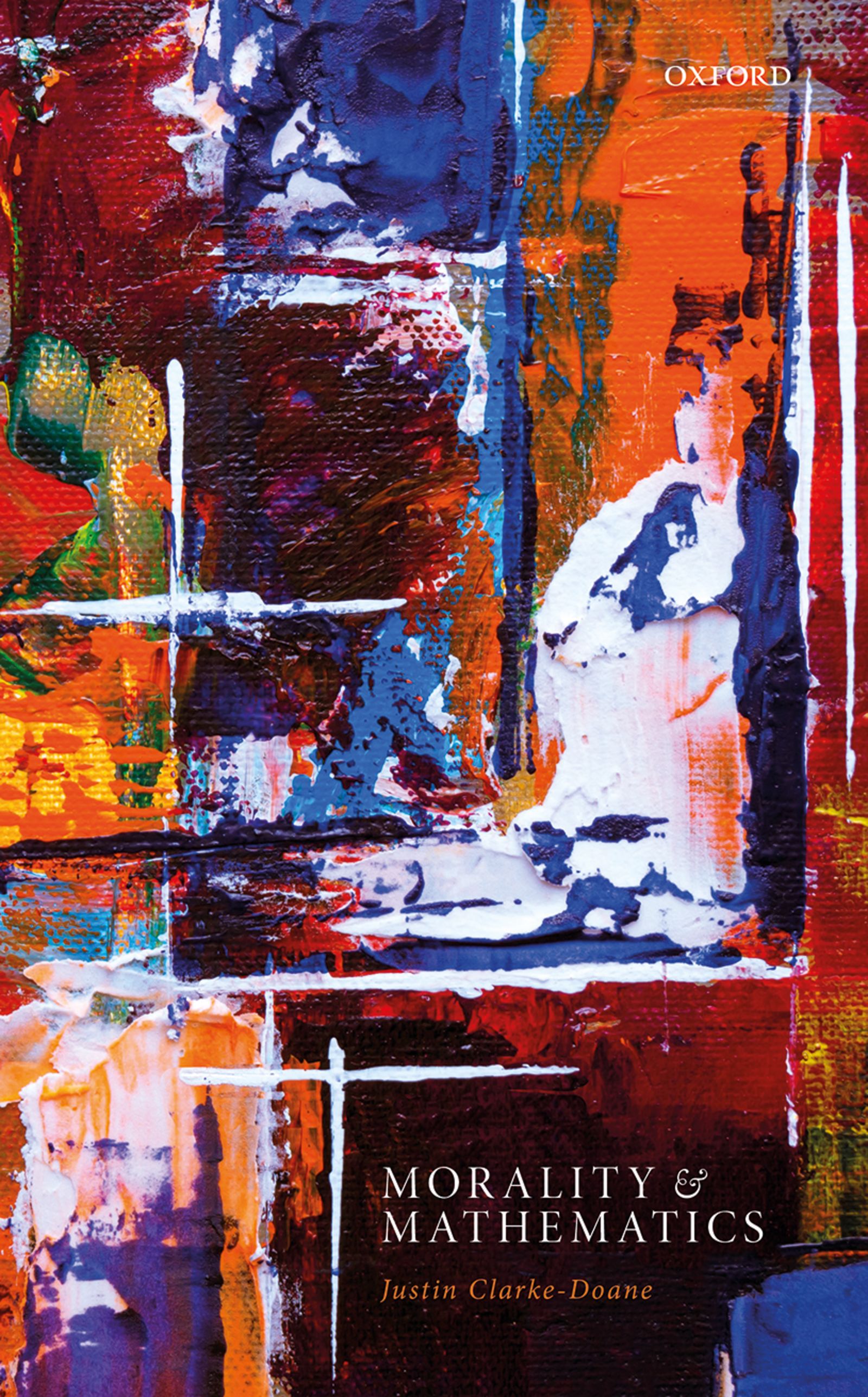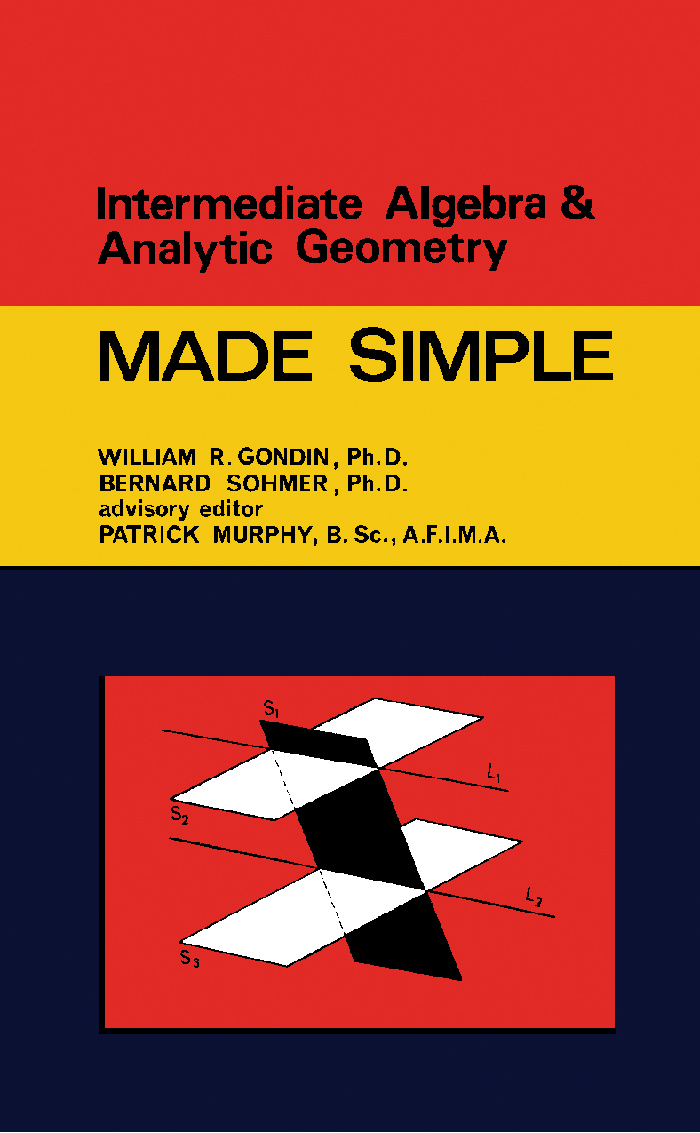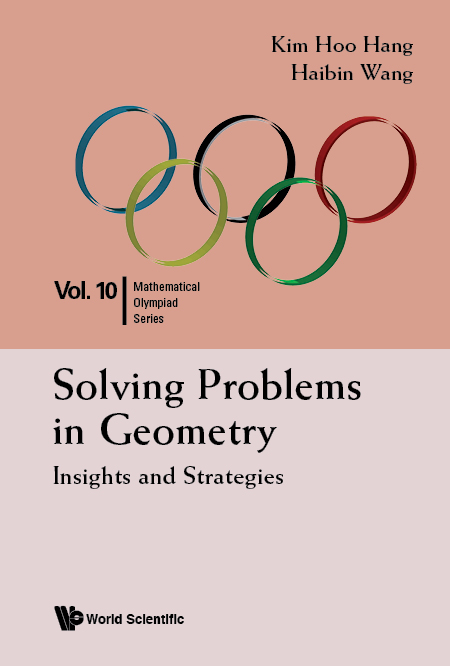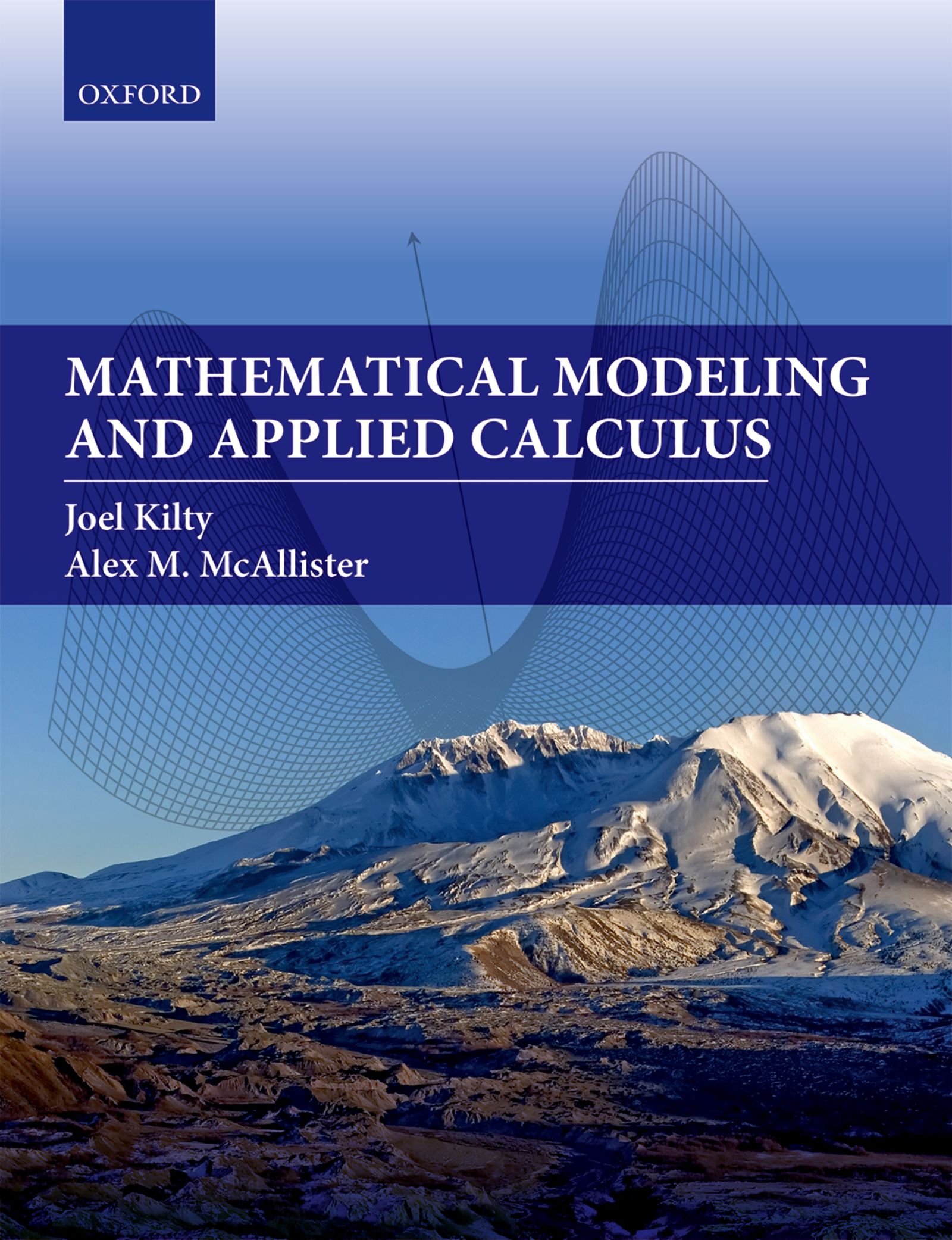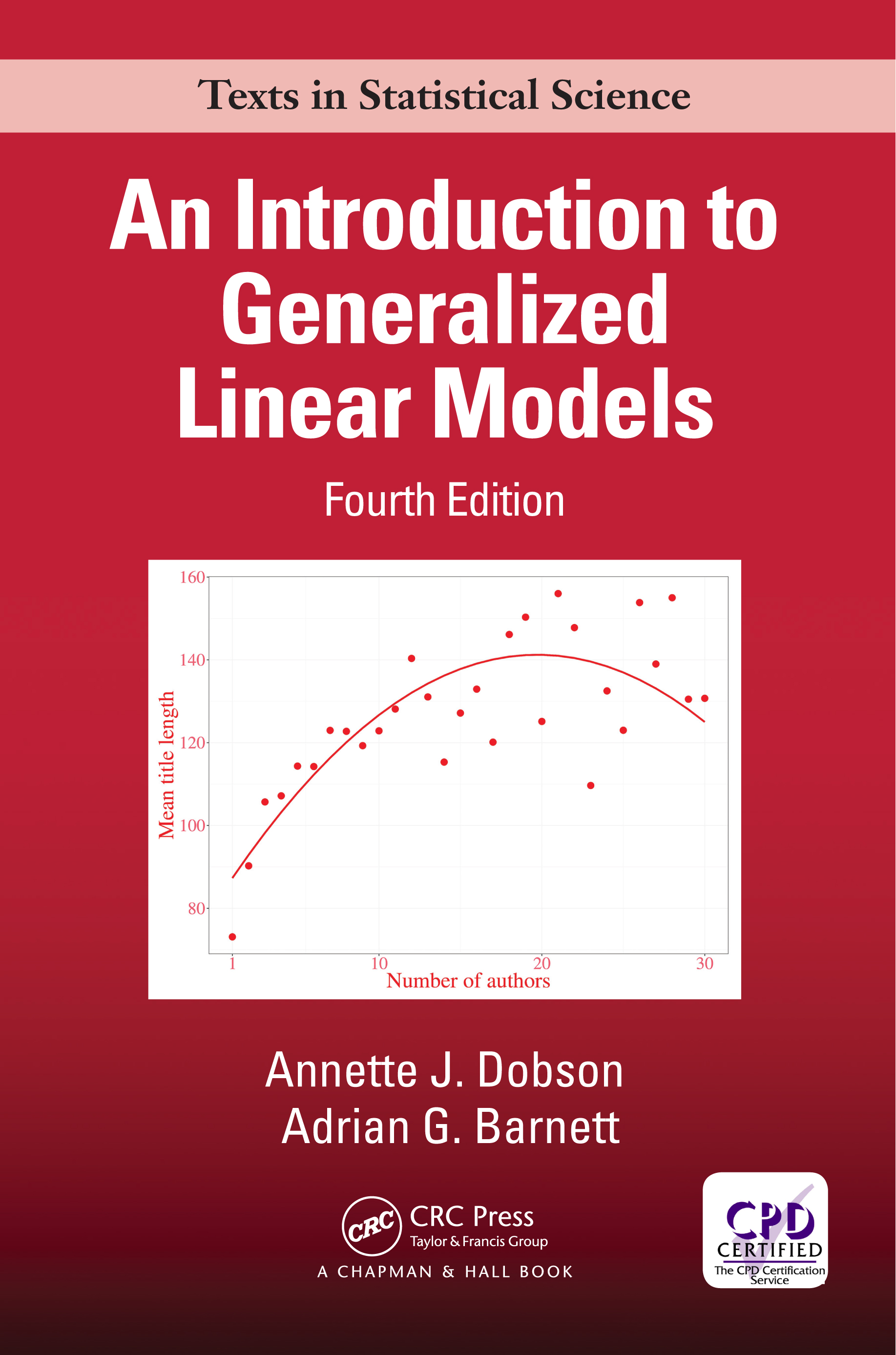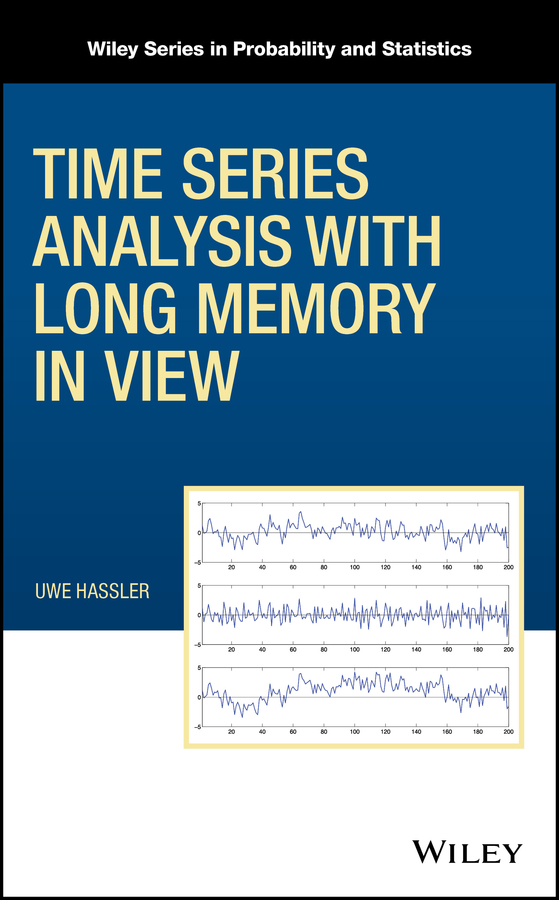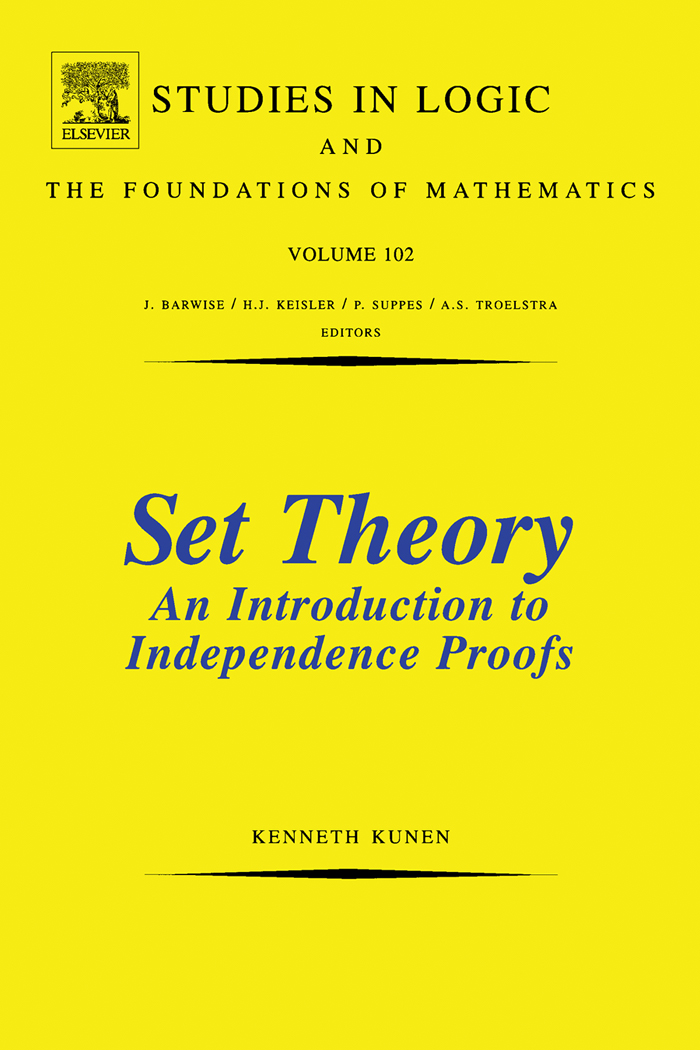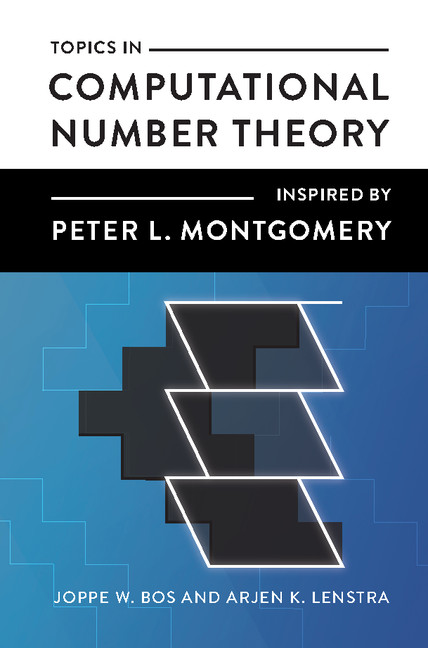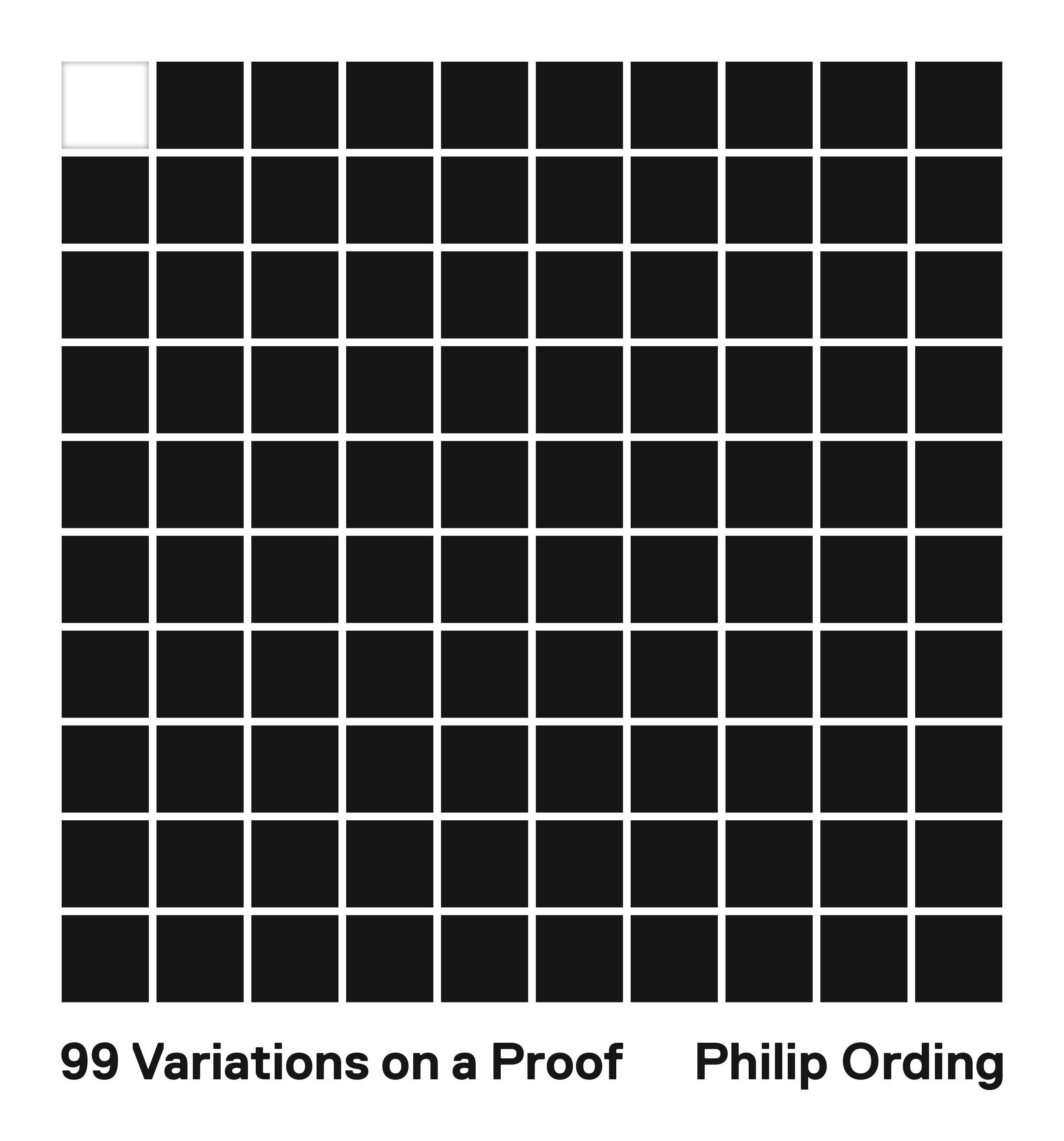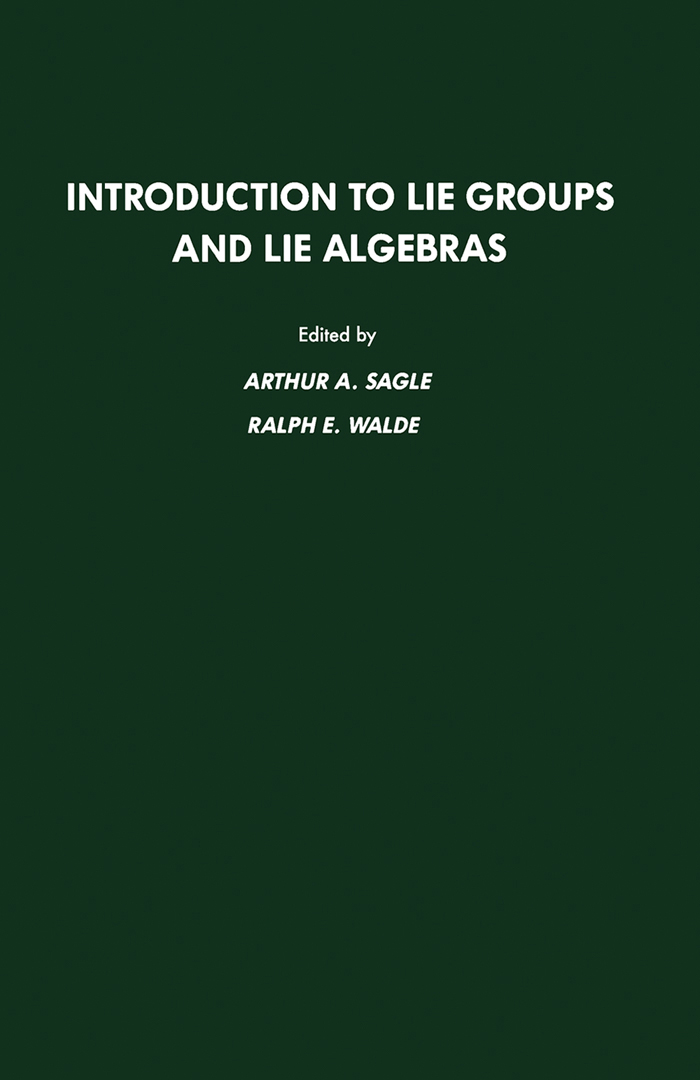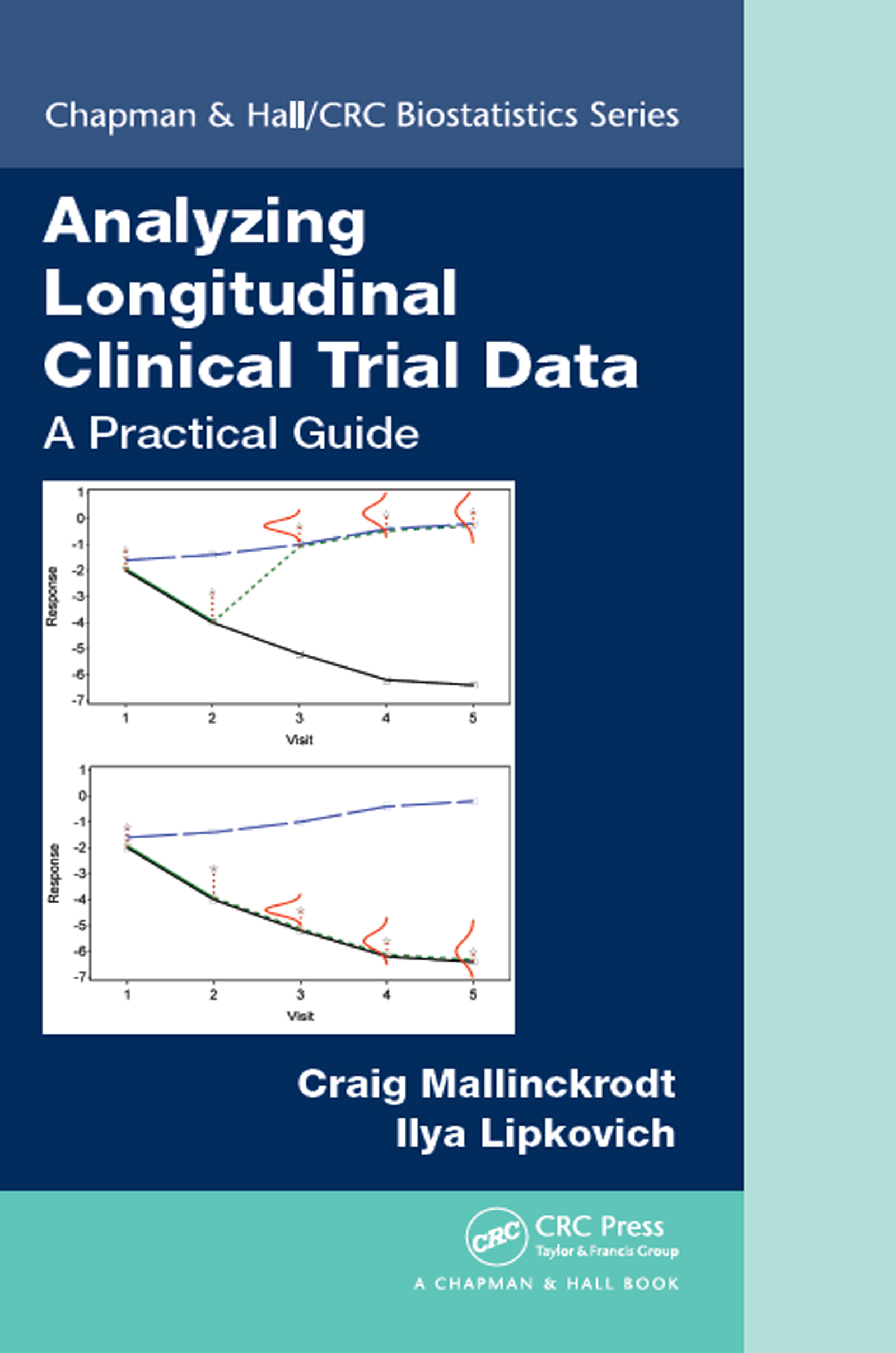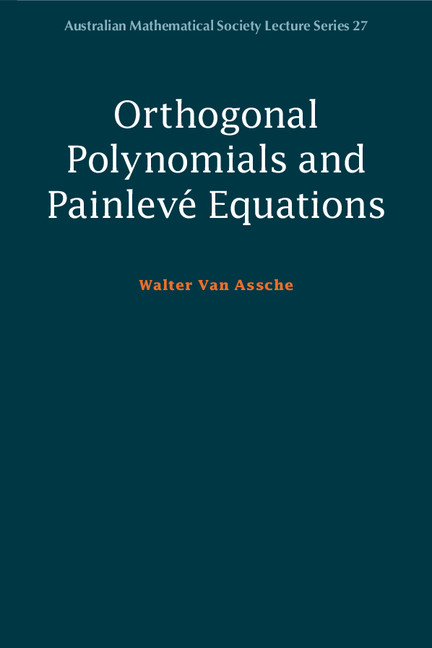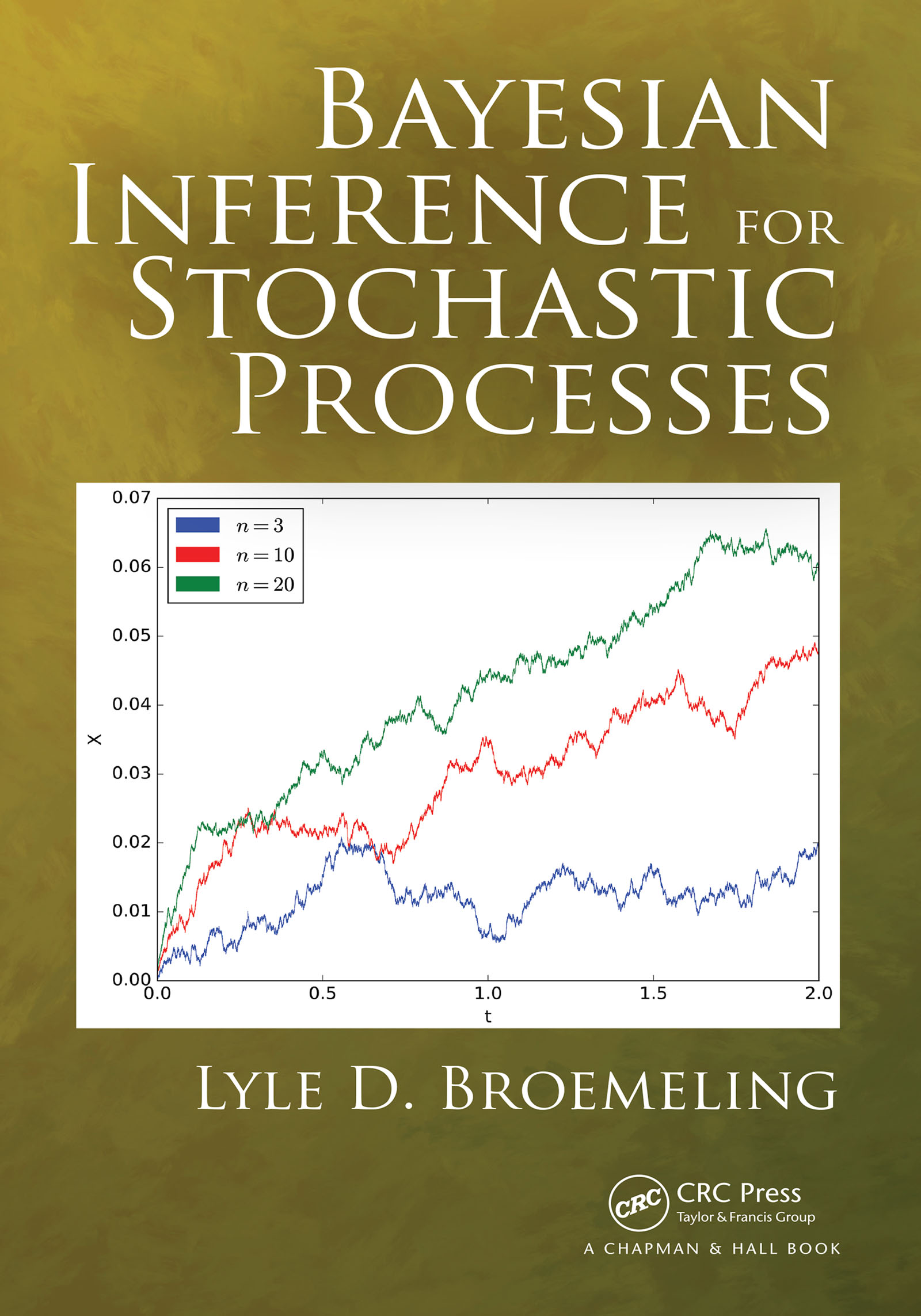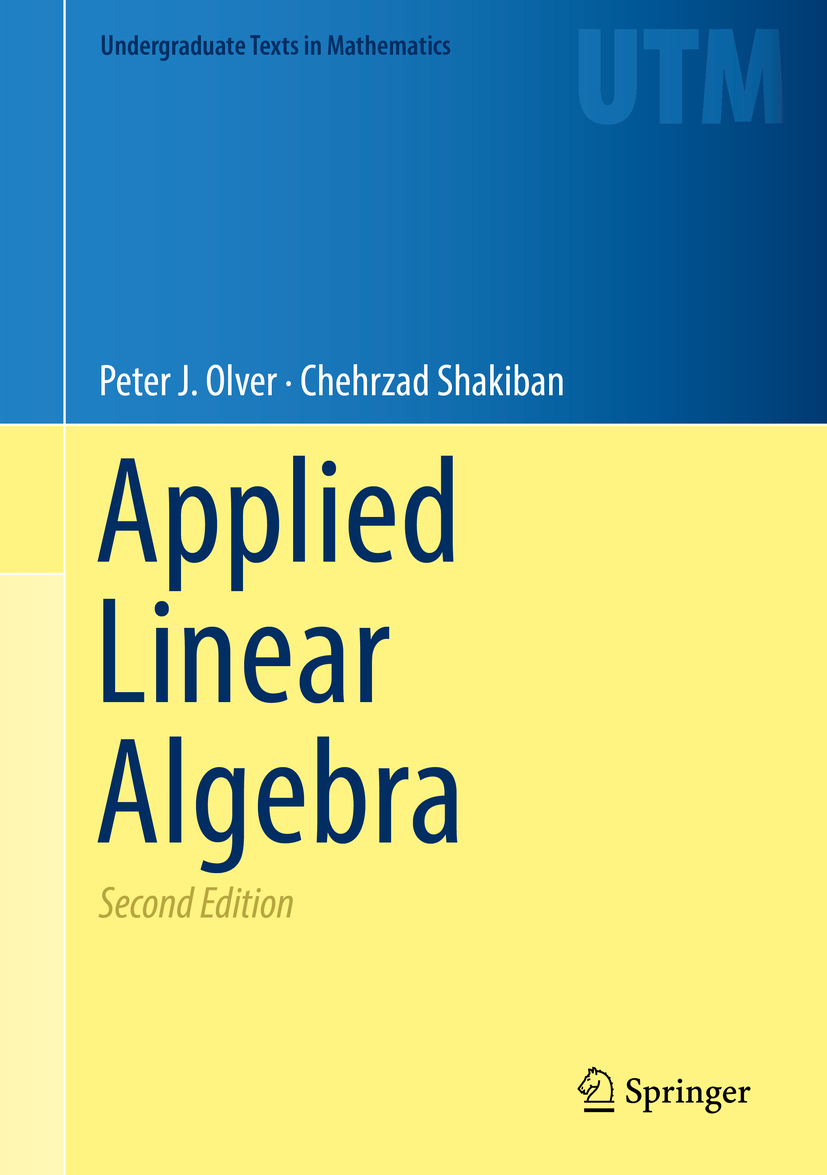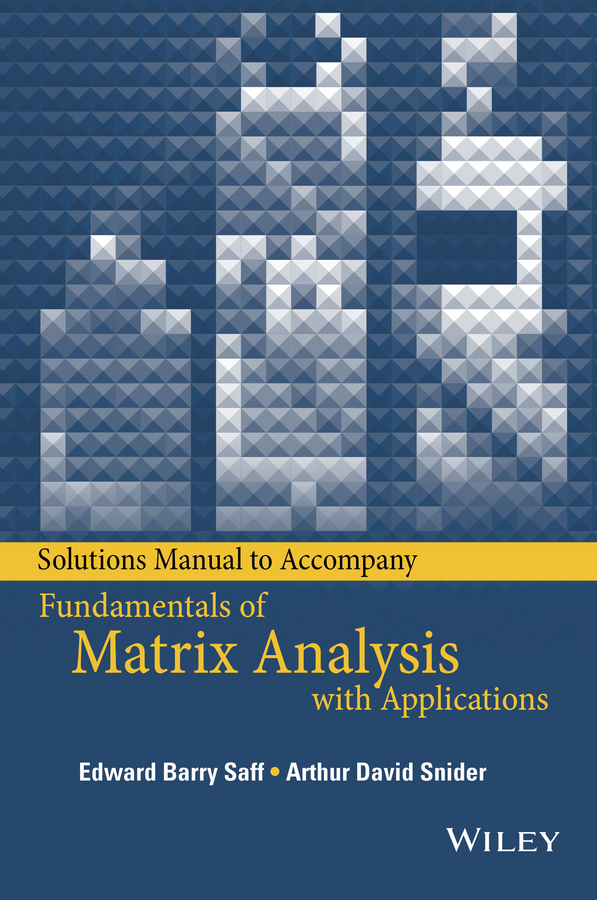Morality and Mathematics
by Justin Clarke-doane
2020-07-09 01:52:24
To what extent are the subjects of our thoughts and conversations real? This is the question of realism. Many hold that, while there are real mathematical facts out there to be discovered, there are not real moral facts. Moral "facts", if there are a...
Read more
To what extent are the subjects of our thoughts and conversations real? This is the question of realism. Many hold that, while there are real mathematical facts out there to be discovered, there are not real moral facts. Moral "facts", if there are any, are just the products of humaninvention. In this book, Justin Clarke-Doane argues that the situation is much more subtle and explores the similarities and differences between morality and mathematics, realistically construed. Although there are no real moral facts, morality is objective in a paradigmatic respect. Conversely,while there are real mathematical facts, mathematics fails to be objective. It follows from this that the concepts of realism and objectivity, which have been widely identified, are actually in tension. Our mathematical beliefs have no better claim to being self-evident or provable than our moralbeliefs, and nor do our mathematical beliefs have better claim to being empirically justified than our moral beliefs. The book concludes with a general account of areas of philosophical interest. Clarke-Doane applies the realism/objectivity distinction across areas of inquiry and discusses itsmethodological upshot, broaching key topics of broad interest such as self-evidence and proof, the epistemological significance of disagreement, the philosophy/science comparison, metaphysical possibility, the fact/value dichotomy, and deflationary conceptions of philosophy.
Less


